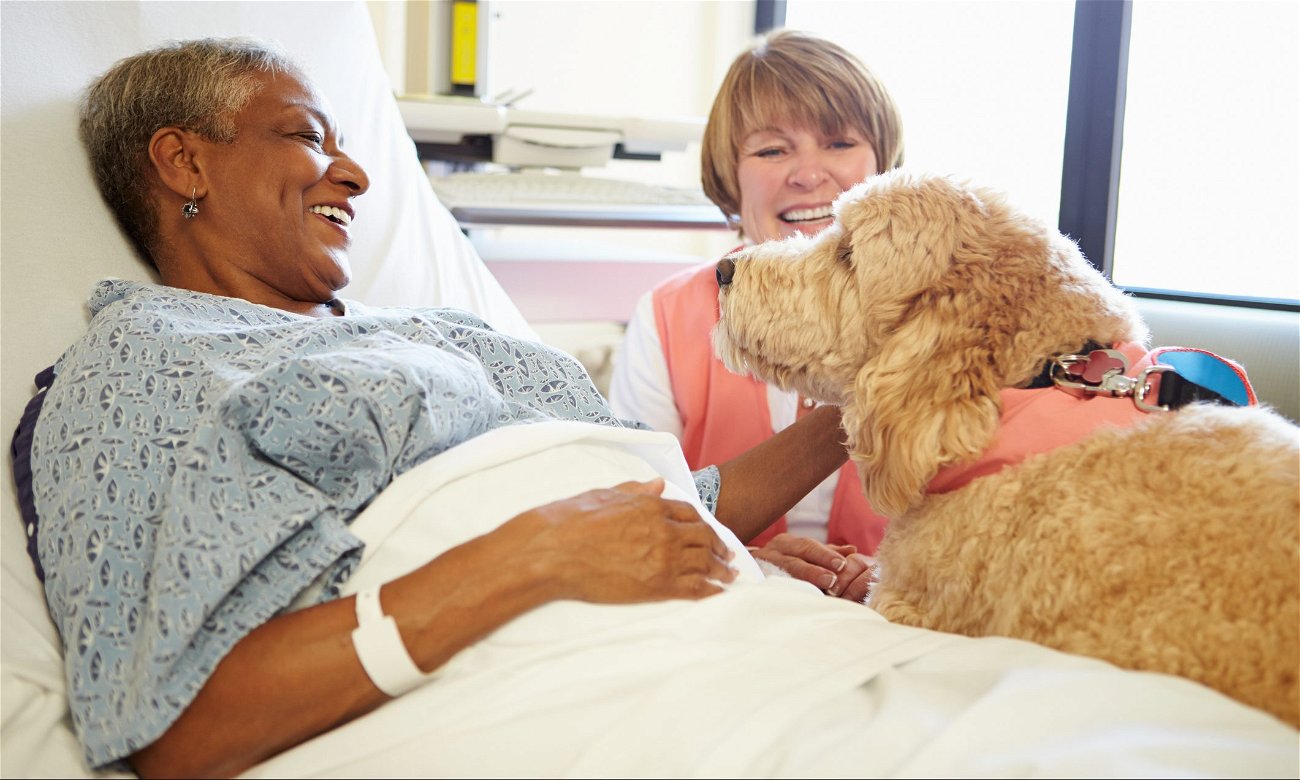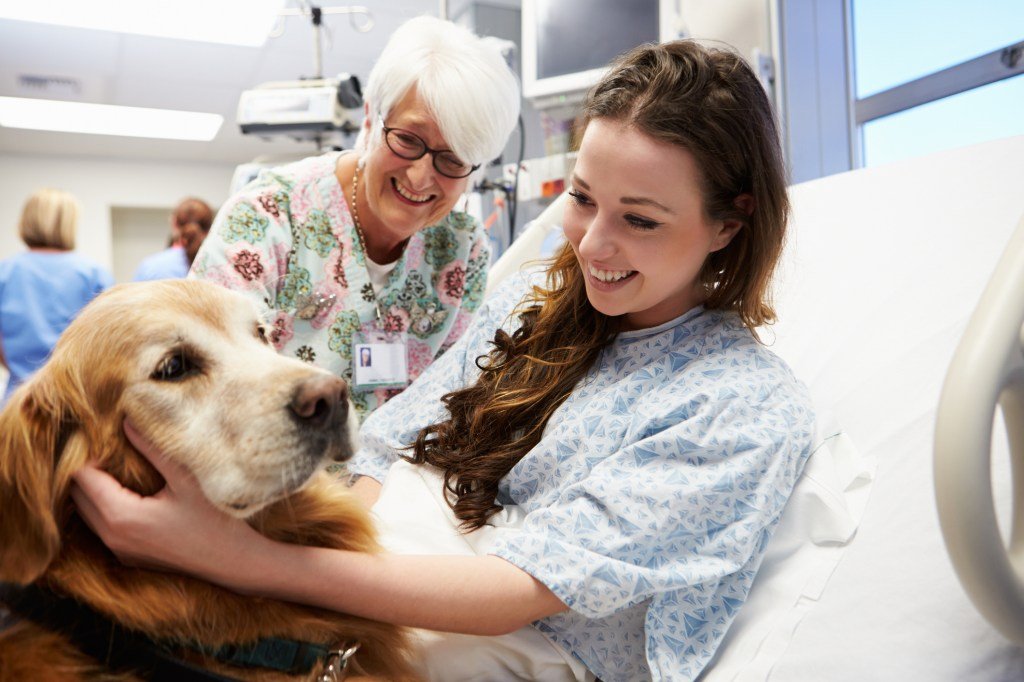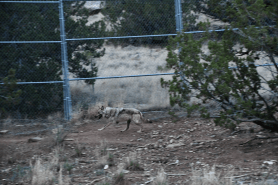

It may surprise you that a creature as small as an ant can be trained to do anything, let alone possibly save your life. But scientists have long been fascinated by animals’ abilities to suss out everything from cancer to infectious diseases in humans. According to National Geographic, a variety of animals can smell disease. Ants, dogs, rats, bees and even worms can detect diseases, sometimes more accurately than advanced diagnostic technologies.
Ants, for example, can be trained to identify the scent of breast cancer in urine. Scientists were able to “train” the ants by placing a bit of sugar near a cancer sample. The ants thus associated the smell of cancerous cells with a food reward. From then on, they went straight toward the urine from cancerous mice and ignored the urine of healthy mice. That proved to the researchers that they were able to detect the smell of the cancer cells.
Like ants, bees and some worms have highly attuned senses that allow them to detect certain odors. Researchers in the Netherlands have shown that honeybees can be trained to smell the virus that causes COVID-19. And in other studies, a worm called C. elegans has been used to detect pancreatic and breast cancer.
Perhaps less surprising, dogs are another animal with extraordinary disease-detecting abilities. Dogs have been used in the early detection of everything from skin cancers to Parkinson’s disease. They’ve also also been used to screen people for COVID-19, sometimes with more than 92% accuracy—almost as good as a PCR test.

Rats have also exhibited these detection superpowers, identifying diseases like tuberculosis in humans. African giant pouched rats are trained to detect specific odors in human sputum samples that are indicative of the presence of tuberculosis bacteria. Each rat can screen upwards of 100 patient samples in about 20 minutes, reports National Geographic. That’s far more quickly than human researchers can diagnose. Since the program’s inception, the rats have detected more than 23,000 cases missed by local health clinics.
As research continues to uncover more about these fascinating abilities, we could soon discover that even more animals possess the ability to scent out medical issues in their human counterparts. And who knows: Maybe someday when you go to the doctor, it will be standard procedure for the office to enlist the help of animal companions to get to the heart of the matter.









